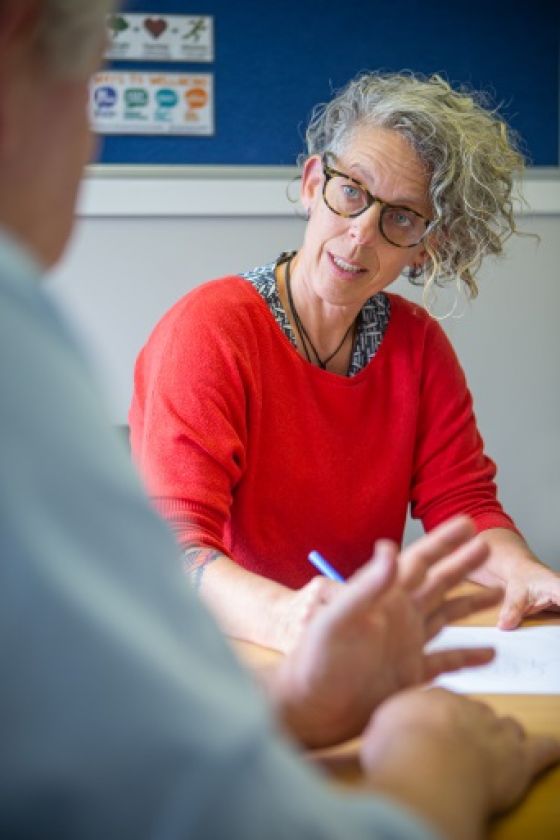 Psychology Week (10 - 16 May) was a fitting time to focus on psychology, the scientific study of the mind and behaviour, which is so vital in our business of reducing re-offending.
Psychology Week (10 - 16 May) was a fitting time to focus on psychology, the scientific study of the mind and behaviour, which is so vital in our business of reducing re-offending.
Psychologists in New Zealand can be registered under one (or more) of five scopes: general, clinical, educational, counselling or neuro-psychology. They generally do at least six years of study at university, some of which is spent completing a research degree, as well as doing 1,500 hours of supervised practice as part of an internship.
Most of our psychologists at Ara Poutama Aotearoa spend their days assessing people's risk of re-offending and delivering interventions to reduce re-offending. These psychologists may be based in prisons or in the community.
However, some psychologists in our prisons are involved in the assessment and treatment of people with severe mental health issues. They work in our Intervention and Support Units as part of multi-disciplinary teams, and focus more on improving the wellbeing of the people they work with, rather than strictly on addressing their offending behaviour.
Psychologists at Corrections also help develop rehabilitation programmes, train programme facilitators, give advice and guidance to the field, and conduct research.
“It's a common misperception that psychologists simply provide a couch for people to describe their childhoods on,” says Senior Adviser and Registered Psychologist Nick Farrelly.
“While it's essential to discuss the past to understand the present, we spend more time helping people learn new ways of thinking and behaving - and planning how these new strategies and tools can be used in the future. In other words, therapy uses the past to inform strategies for a more hopeful, satisfying future.”
Nick adds that psychologists do much more than just listen.
“While good listening is important, it's just one skill in the toolbox," he says.
Psychologists also take notes and create theories about how the person came to be where they are. They check alternative theories and identify the person's strengths before providing advice, developing treatment plans, and supporting the person to develop problem solving skills and strategies to help them meet their goals.
So, while part of the psychologist's role is to assess risk and communicate this to the New Zealand Parole Board and the Courts, they also help people identify the strengths that will improve their wellbeing and that of their whānau, and help them live happier and more law-abiding lives.
At Corrections we employ over 200 registered psychologists (and are currently recruiting for vacancies in several locations) who work directly with people in our care in group programme settings or one-on-one. In 2019/20, 534 people in prison and 391 people in the community benefited from one-on-one treatment from one of our psychologists. |
|---|

